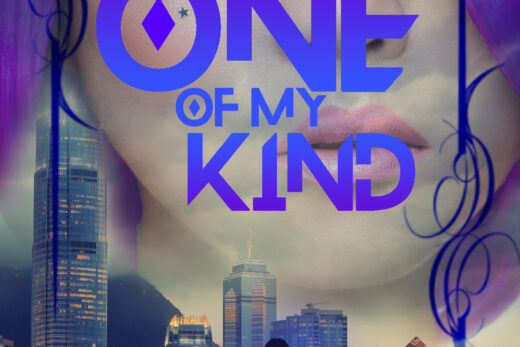The last theme I’m going to discuss is a rumination on the purpose of creating. There is a debate amongst the muses about whether to create practical, useful things, or whether to create whatever takes a muse’s fancy.
For instance, if you are inspired to make art, should you create an aesthetically pleasing couch (that someone could actually sit on), or should you make an abstract sculpture that only looks good to you?
Certain enclaves, like the food enclave, tend to be more practical in nature, while others, like the philosophy enclave, don’t create anything tangible.
I incorporated this theme into the books because it is something that I think about a lot. I tend to fall into the practical camp. However, I do not fall there exactly.
For most artists, I think this issue emerges as the debate between doing what people like versus what the artist herself likes. Everyone hopes that she can create something that is both personally fulfilling and popular, but that isn’t always the case.
For the musician, this is the question of whether to play covers at your gig, because you know your audience already knows the words, or to play your own stuff, which your audience has never heard before.
For the visual artist, this is the question of whether to try to go it on your own, selling your own pieces, or to get a degree in graphic design and make ads for the rest of your life.
For the writer, this is the question of whether or not to write about vampires and werewolves, or to write about something you aren’t sure if anyone will want to read about.
In our world, sometimes artists are forced into the practical, generally for economic reasons. People twist their creativity so that it fits with something that will actually make them money. Some people call this selling out. Not being true to one’s creative vision. And some of you might say this isn’t the same as what is happening in Helicon. But the truth is, if something is popular, it is useful. Because people are using it. And an argument could be made that if a piece of art is useful to more people, it’s more important to humanity at large.
I’m not making any such arguments. When I wrote Breathless, I was convinced that I was ripping off Twilight. I copied the book structurally. I included the same elements of forbidden love, of a charismatic male character that is afraid to become involved with the protagonist because he is frightened he will hurt her, and the book functions similarly–with a mystery taking up the first two thirds and an action-packed climax. In my mind, the book was fundamentally similar to Twilight. I thought I was writing it for an audience that already existed. I did not realize that my book did not engage the audience of Twilight, because the values and morals of the book are diametrically opposed to the values and morals of that book.
Anyway, I’m still trying to write something really popular. In the meantime, it helps that what I am writing is always stuff I really want to write, even if it millions of people aren’t reading it. I guess in the end, I write to please myself first and foremost.
What do you think? If you create, do you create primarily for yourself or would your work not mean as much if no one ever experienced it? If you don’t create, do you expect creators to please you or are you delighted when things surprise, challenge, and horrify you?
 Book One: Dancing Days, $2.99
Book One: Dancing Days, $2.99
Amazon
Smashwords
Kobo
 Book Two: Goodbye Blue Sky, $3.99
Book Two: Goodbye Blue Sky, $3.99
Amazon
Smashwords
Kobo



